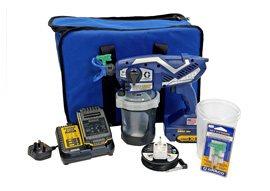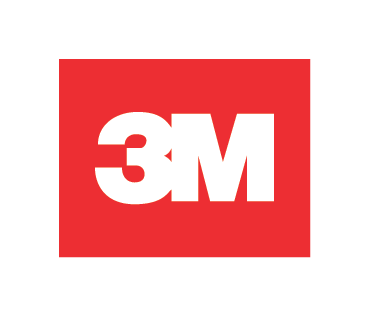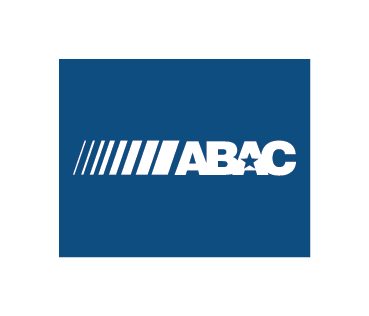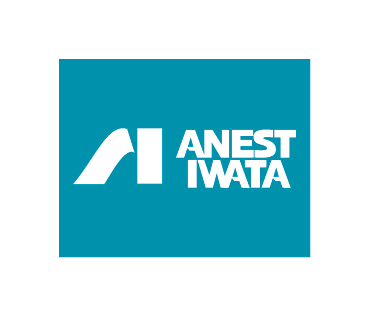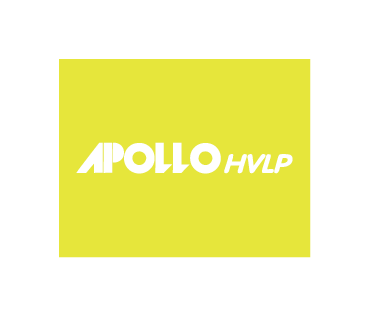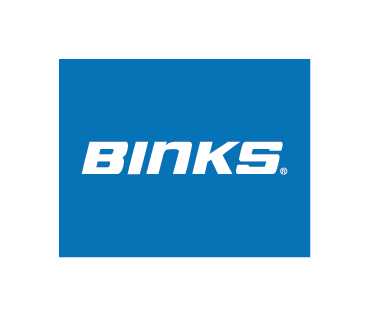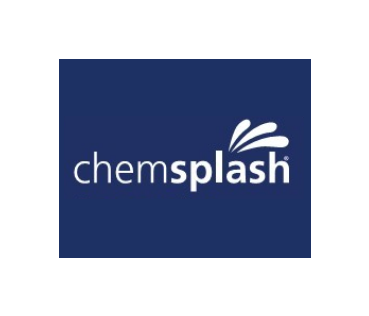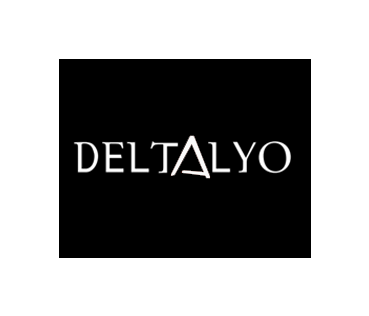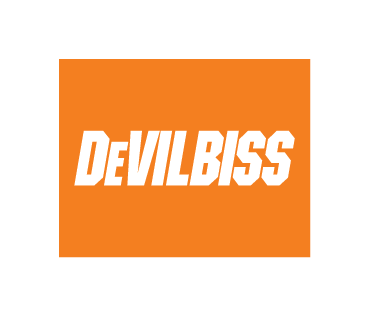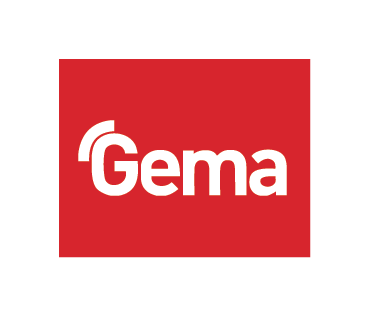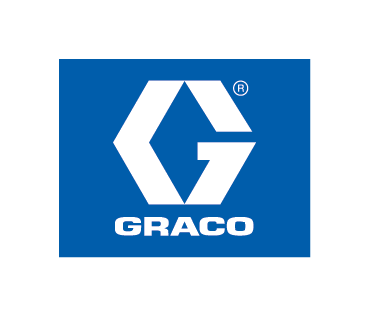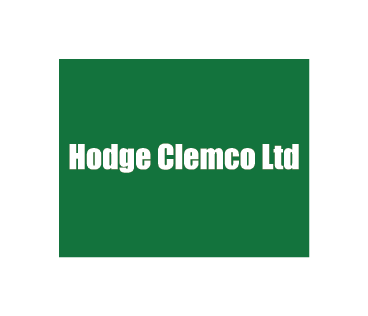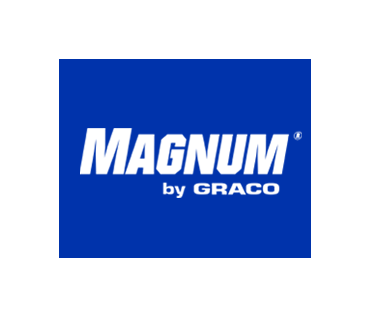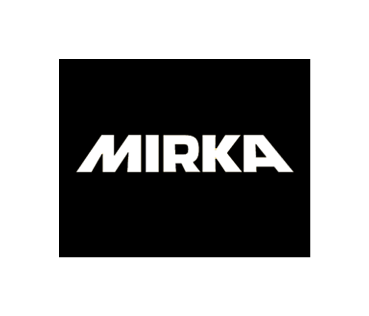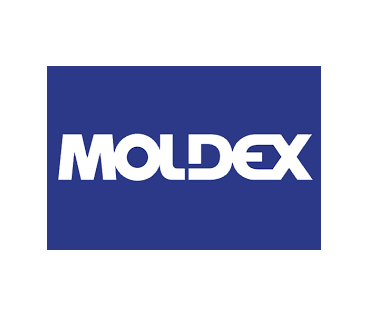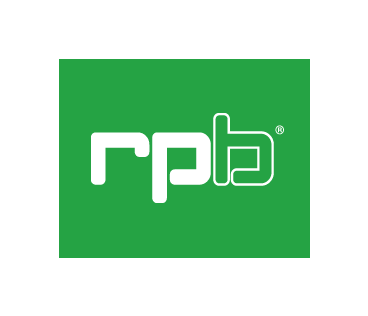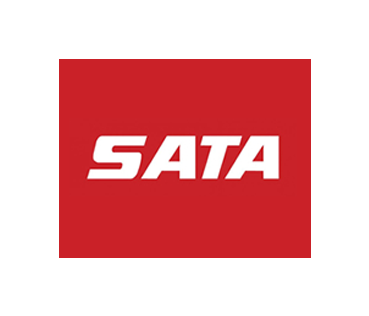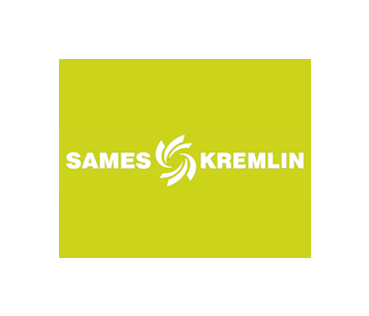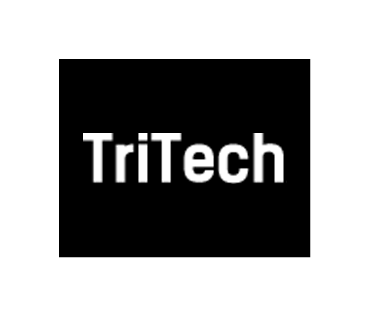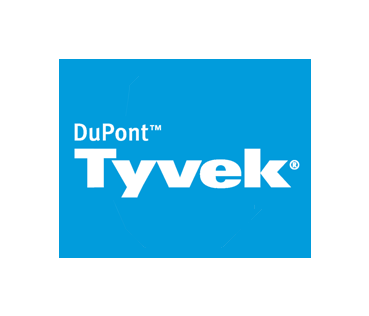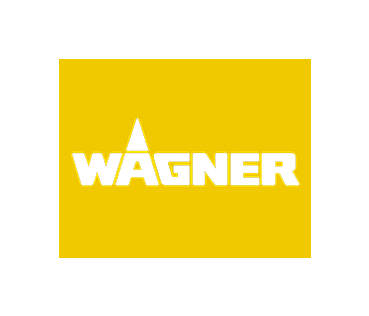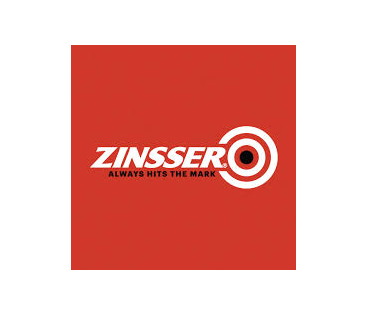Dry Filter Spraybooth
Without proper extraction, or with a poorly designed spray booth, operators will be working in poor conditions, resulting in rapid fatigue and a sub-standard work finish.
At the same time, fumes and pollution will be created, which could be inhaled by the operator and adjacent working colleagues. A properly designed spray booth, that conforms with the Health & Safety HSG140 "Safe Use and Handling of Flammable Liquids" and HSG258 "Controlling Airborne Contaminants at Work" a guide to local exhaust ventilation (LEV), will not only enable your operators to work efficiently, but also remove the problems of environmental pollution from the spray area.
With the availability of the Dry Filter Spray Booth, the sprayer can now meet the Health & Safety 'Safe Use and Handling of Flammable Liquids' criteria, with a competitively priced dry filter spray booth extracting a minimum of 0.70 m³/sec of air movement.
All Hi-Tec Spray Booths are supplied as standard with a 2,250 mm working height, fan, fan starter, and with Binks Standard particle arrestment filter fitted as standard.
Other filter types are available on request. All booths are supplied with mechanical protection to the underside of the fan.
The standard fan is suitable for a vertical run of ducting with no more than one 90° bend. If more than one 90° bend is necessary then the fan may require up-rating.
Note that silencing may be required to attenuate noise levels.
All spraybooths will require ducting to atmosphere, for further information and a quotation please contact us.
All spraybooths will arrive 'flat packed' and will require assembly. If you choose to purchase ducting this will need to be cut, fitted and sealed to suit your application. The straight spiral ducting is supplied in 3m lengths. One length of 3m spiral ducting is included in all the ducting options with the exception of Option 9, additional lengths and couplers are available on request. If the ducting is not purchased all booths will come with a spigot flange adapter to enable you to fit standard ducting at the size detailed in the product specification
The Theory
Because most wet paint overspray is sticky, it can be arrested by carrying it on an air stream and then trapping the paint particle within either a pleated paper filter (standard), nylon mesh or expanded paper filter. The air can then pass through the filter and the fumes can be exhausted to atmosphere leaving the paint particulate within the filter.
Key features and benefits
- The belt driven axial fan can be fitted on top or at the rear, featuring external motors and integral hatches.
- Top or rear mounted fans.
- Option of flameproof motors.
- Choice of easy to fit low cost filters.
- Supplied with push button starter(s).
- Simple, low cost maintenance.
- Supplied in kit form for assembly on site
- Full on site install service available.
- Complies with current health and safety legislation
- Low-cost means of providing a safe environment.
- Increased quality of finished work. Makes working conditions healthier and more pleasant for operatives.
- Eliminates extra cleaning, previously caused by overspray.
2 Stage Filter
2 stage filter should be chosen when a spraybooth is to be installed in a non-industrial or sensitive environmental area. A secondary synthetic filter media (PST290) should be used as a secondary filter after a primary overspray filter such as a Binks cardboard concertina filter. The secondary filter is designed to capture fine particulate to protect ducting and fans prior to air discharge and reduce the chances of carryover into the greater environment
Ducting
The Environmental Protection Act states that extract ductwork from a spraybooth should discharge in a vertical direction and goes on to say "In order to ensure dispersion is not impaired by either low exit velocity at the point of discharge, or deflection of the discharge, a cap, or other restriction, should not be used at the stack exit".
We would, therefore not recommend a horizontal discharge, however it can be supplied on the understanding that you (the client) take full responsibility for this choice and have carried out your own risk assessments.

